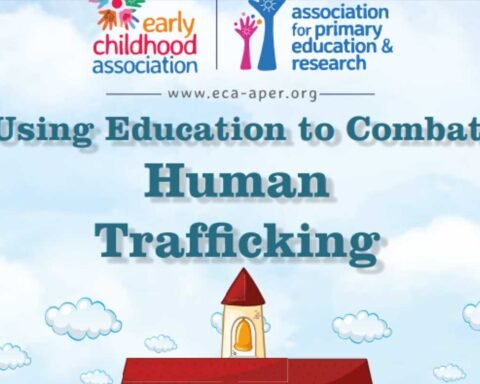Aaheli Gupta
Casework Manager, ATC
Jasmeet (name changed) entered the juvenile justice system as a victim of child sexual abuse. She currently stays with her parents, and Prerana follows-up on her to check on her well-being. Jasmeet’s family belongs to a low-income household. Her parents worked as street hawkers before the COVID-19 lockdown but had to find alternative means of income later. They are often busy making ends meet, and are unable to find time to look out for their child.
Amid the COVID-19 induced lockdown, a social worker received a frantic call from Jasmeet’s mother. She was crying and sounded quite worried about her child. She shared with the social worker that Jasmeet had not been keeping well, and was facing violence from the person who she was seeing.
Jasmeet has been in a relationship with a boy, Hari, from her community. She often does not stay home and prefers to live with him. Hari, however, is physically violent towards her. He has been trying to end the relationship and is engaged to be married to someone else.
A victim of abuse goes through a lot of trauma and may get dependent on people who support them through that situation. When Jasmeet was sexually abused, she went through a deeply traumatic experience that changed her. The social workers have observed Jasmeet feels that Hari had stood by her then, hence is unwilling to recognize his current actions as violent. Jasmeet’s trauma makes it harder for her to be able to leave her abuser. During the lockdown, Jasmeet also got pregnant with his child and subsequently went through a medical termination of pregnancy. She has limited support systems and has also started exhibiting self-harm tendencies.
Jasmeet’s story indicates that there is a need to acknowledge the intersection of different forms of violence when working with victims. Her vulnerability was heightened after she was abused, so did her need for support systems. The team has been trying to help her and provide psychosocial assistance.










Follow